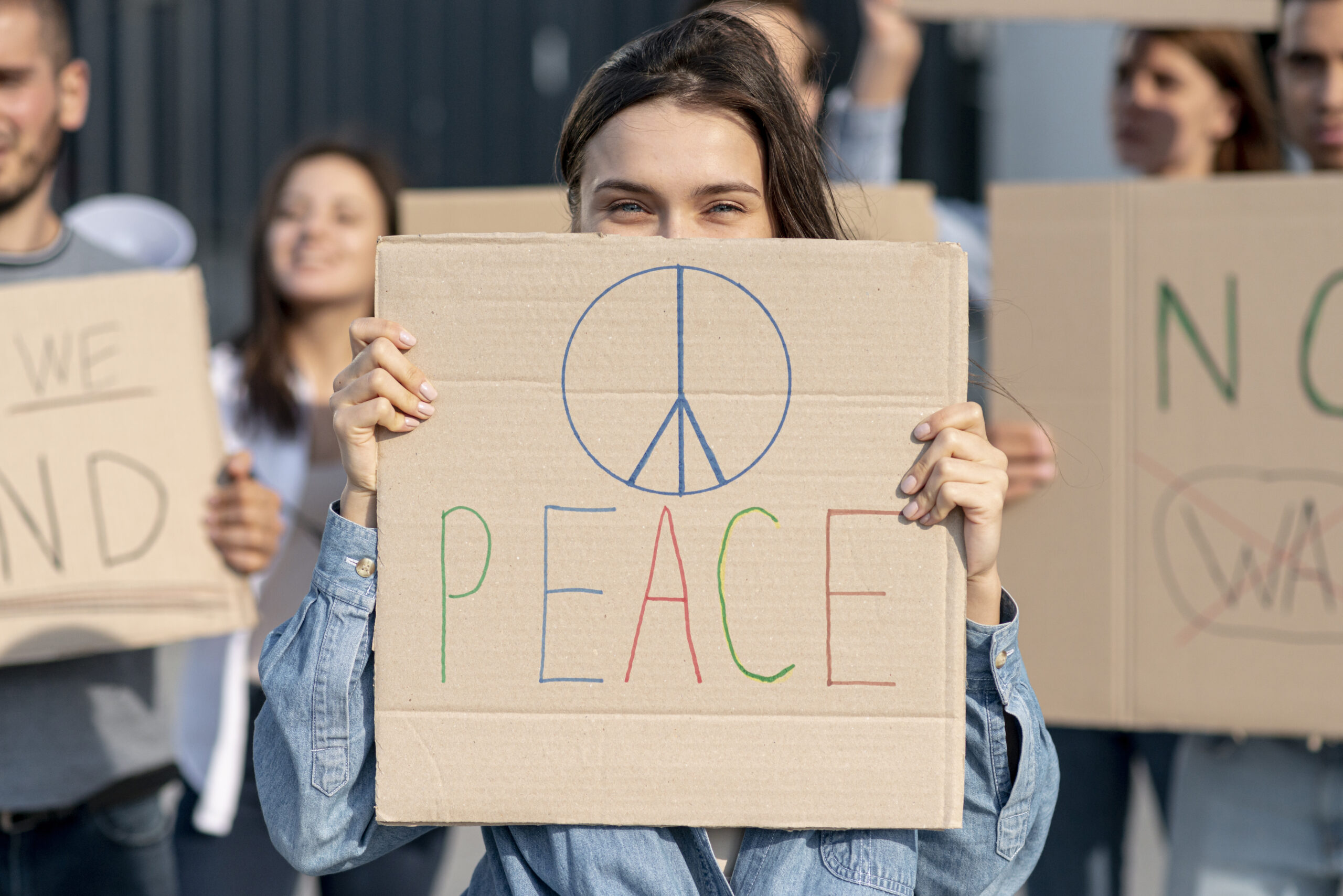In recent years, the United Nations Council for human rights (UNHRC United Nations Human Rights Council) has taken a position on certain delicate and complex situations on the international scene. These positions show to what extent the perception of human rights by the international community is evolving. This is also reflected in the United Nations bodies responsible for monitoring and defending these rights.
The resolution approved on Friday April 5 in which the UN Human Rights Council calls for the suspension of all arms sales to Israel days after the attack on the humanitarian convoy of the non-governmental organization World Kitchen Central is iconic. The Council resolution also highlights “the need to ensure that all violations of international humanitarian law are accountable” and expresses “grave concern over reports of serious human rights violations, including possible war crimes and crimes against humanity in the occupied Palestinian territories and the Gaza Strip”.
You too can rediscover the pleasure of staying informed!
Your support helps protect our independence so that we can continue to produce quality journalism that is open to all.
Support us
Furthermore, at this historic moment, the presence among the members of the Council of non-democratic States that do not respect rights is no longer tolerated. For the first time at the 11th meeting of the United Nations General Assembly, on April 6, 2022, the motion suspending Russia from the UNHRC was passed by a majority. An inevitable decision given the war of aggression against a sovereign State, all in violation of the very essence of the United Nations Charter. After the Assembly vote, Moscow announced its withdrawal from the Human Rights Council.
The UN Human Rights Council intends to modify, make respect for human rights a priority and a binding nature for the maintenance of world peace and security.
The United Nations Human Rights Council and the mechanisms to defend them
The UNHRC is responsible for promoting and protecting human rights in general. Created in June 2006 to replace the old Commission, it is directly subordinate to the United Nations General Assembly and is based in Geneva. It is made up of 47 States, elected by secret ballot by the General Assembly by a majority of its members. The principle of equitable geographical distribution applies to the composition of the Council. Members remain in office for three years and cannot be re-elected. It is an intergovernmental body within the United Nations system. Monitors and discusses all human rights issues and thematic situations. The UNHRC is primarily an international forum composed of United Nations officials, designated experts and representatives of Member States. It can adopt resolutions or decisions, establish commissions of inquiry and fact-finding missions. verify respect for and possible violations of human rights.
The precedent of the Independent Commission of Inquiry on Iran
Commissions of inquiry and fact-finding missions authorized by the UNHRC are the instruments that have been used in recent years strengthened to improve efficiency and avoid systematic state impunity. An example of this new approach is the resolution approved on March 8 after the report of the independent commission of inquiry on Iran created to investigate the behavior of the Iranian government during the Women, Life, Freedom protests.
In November 2022, the UN Human Rights Council mandated the Independent International Commission of Inquiry on the Islamic Republic of Iran to fully and independently investigate alleged human rights violations . Establish the facts and circumstances surrounding the alleged violations. Collect, consolidate and analyze evidence of these violations and preserve the evidence, in particular with a view to cooperating in any legal proceedings.
The final report of the commission of inquiry establishes this “violations and crimes committed in the context of the demonstrations”. This is why the Council, in its final resolution, recommends that Member States apply the principle of universal jurisdiction. It is a principle of international law that allows crimes against humanity to be prosecuted in all courts around the world, regardless of where they were committed and the nationality of the suspects or victims. Additionally, the Council recommends establishing funds for victims and providing protection, including granting asylum and humanitarian visas to those fleeing persecution in Iran amid the protests.
Currently, the UN has increased the number of these investigative bodies more than in the past because they have proven to be incisive tools in responding to human rights violations committed both within States and during internal and international conflicts. The UNHRC wants to go beyond the traditional approach and fight against the impunity of the perpetrators of these violations and call all States to legal responsibility.
